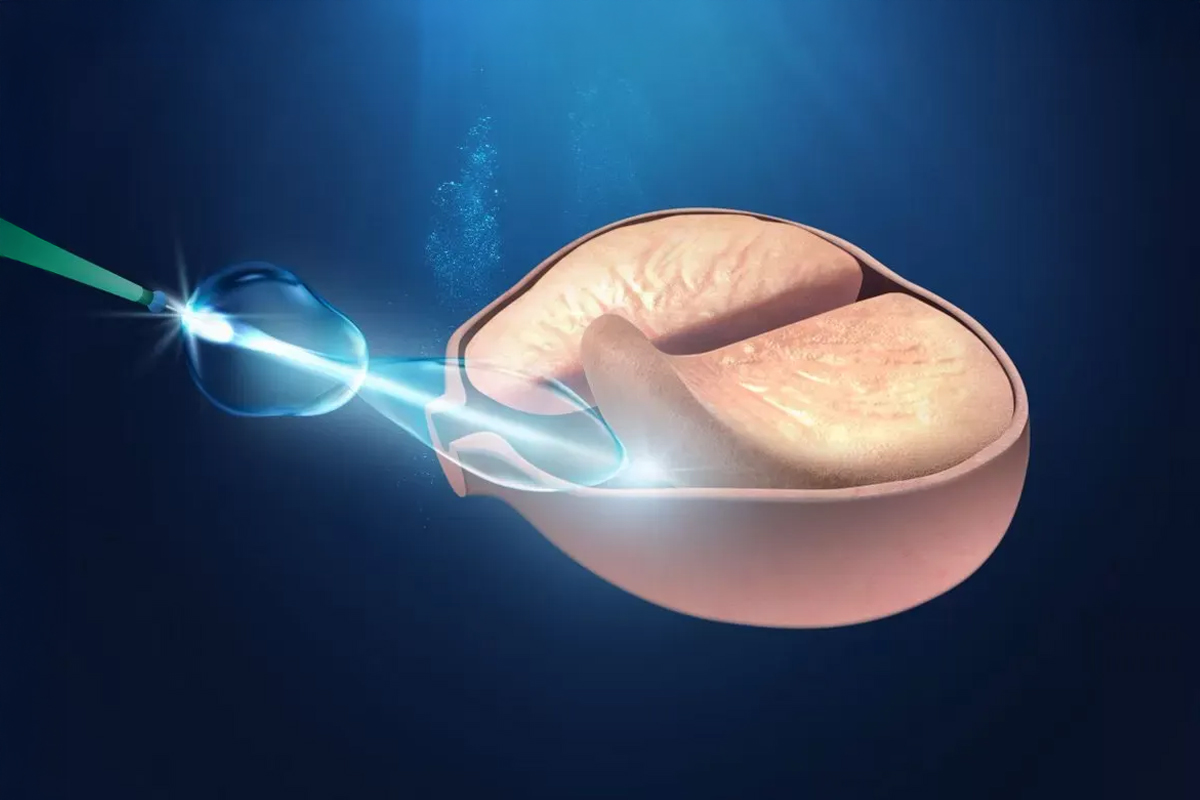What is a urinary tract infection?
It is the infection that is located in any part of the urinary system. The urinary tract consists of the urethra, the bladder, the ureters and the kidneys. Urinary tract infections occur when bacteria get into the urethra and travel up into the bladder. If the infection is maintained only in the bladder is called cystitis or urinary tract infection low, if the infection travels to the kidneys is called renal infection or pyelonephritis or upper urinary tract infection. Bladder infections are one of the most common infections and are more common in women than in men. Kidney infections are more rare and more severe.

What are its possible causes?
The bacteria usually do not live in the urinary tract, but they are present near the urethra in women and in men. Urinary tract infections occur when these bacteria get into the urethra and travel down the urinary tract. There are factors that may increase the risk of a urinary tract infection such as:
- Having a new sex partner or having sex with frequency .Have had a bladder or kidney infection in the past 12 months.
- Use spermicides.
- Men having anal sex.
- Present kidney stones, or reflux, ureteral, which involves a blockage of urine flow.
Genetic predisposition.
What are the symptoms?
The typical symptoms of a infection lower urinary tract or the bladder, or cystitis include:
- Urgency to urinate (feeling uncontrollable to go to the toilette).
- Pain or “burning” to pass urine.
- Feeling of incomplete emptying of the bladder.
- Pain or feeling of pressure in the lower belly or pelvis.
- Pain in the back.
- Blood in the urine.
The burning when you urinate, may also be present in infections of the vagina, and urethritis (inflammation of the urethra). This symptom can generate confusion as to the correct diagnosis, it is advisable to consult with the doctor given that according to the case, the treatment will be different.
Kidney infections at times they can cause the same symptoms as those of a bladder infection (listed above) , but may also cause:
- Fever ( temperature above 100.4 ° F or 38 ° C ).
- Low back pain (one or both sides of the lower back , where the kidneys).
- Nausea or vomiting.
Delaying treatment can lead to serious complications so it is advisable to consult quickly the doctor in front of the symptoms mentioned above.
Urinary tract infections in the elderly may be present only with fever or general poor state of health, it can also occur with alterations of the sensory (confusion) or digestive symptoms. In the elderly, may not be present with typical symptoms such as burning during urination or back pain. In the face of these demonstrations, performing a urine culture may clarify the diagnosis.







